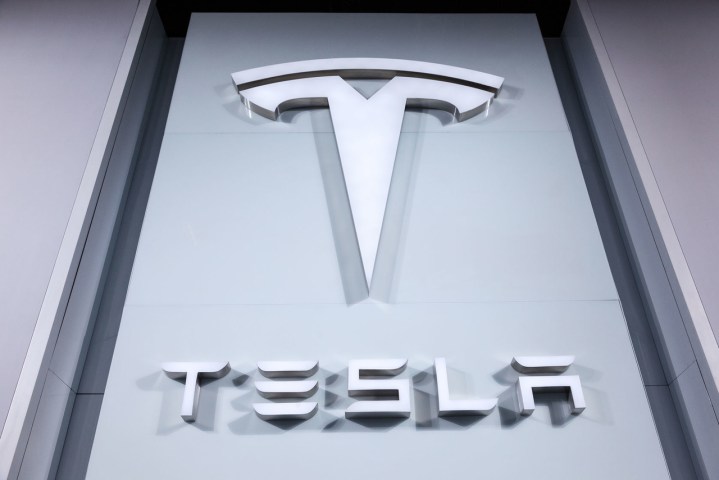
Alabama state Senator Tom Whatley, R-Auburn, has introduced Senate Bill 22. If passed, the bill will go into law and “allow a manufacturer of alternative fuel vehicles to sell and lease its vehicles directly to the public.” So it doesn’t just apply to Tesla, but to any company that manufactures alternative fuel vehicles, which specifically means electricity, propane, or natural gas, according to the bill.
The relevant parts of the bill state that it shall “constitute unfair and deceptive trade practice … For any manufacturer, factory branch, factory representative, distributor, or wholesaler, distributor branch, or distributor representative to coerce or attempt to coerce any motor vehicle dealer to do any of the following … To own an interest in a new motor vehicle dealership, to operate or control a dealership, to make direct sales or leases of new motor vehicles to the public in Alabama, or to own, operate, or control a facility for performance of motor vehicle warranty or repair service work.”
Currently, Tesla has three Supercharger stations in Alabama on Interstates 85 and 10, but no sales centers, showrooms, or service centers. Tesla direct sales are not allowed in three other states in the same region of the country: Arkansas, Louisiana, and Mississippi. Anticipating the full production and launch of the Model 3, scheduled for late 2017, Tesla is trying to expand sales to all states in the country.



